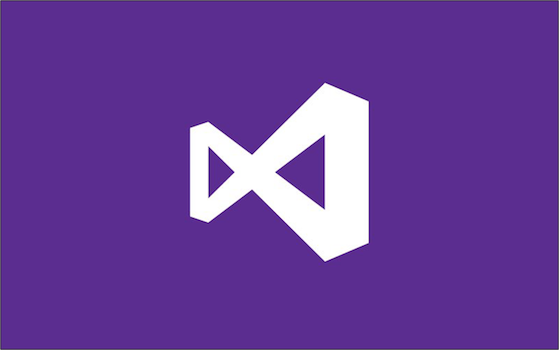


Logging for the New Patch Wrapper

Patch Wrapper Improvements

ARPSYSTEMCOMPONENT and Sequencing

A Better Way of Working with ARPSYSTEMCOMPONENT

Installing Windows Installer on Checked Builds of Windows

Repair Your Products After an OS Upgrade

MSDN Magazine Available for Download

Supporting MSI 2.0 and Newer Features


 Light
Light Dark
Dark